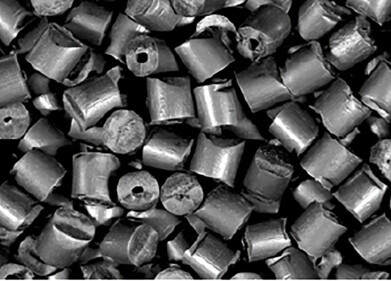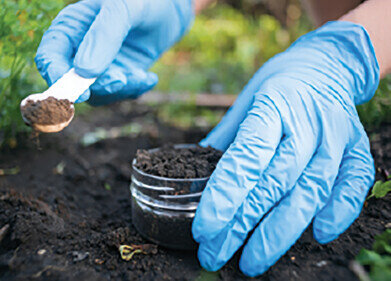-
 Scientists have discovered a potential new way to create biofuel
Scientists have discovered a potential new way to create biofuel
Biofuel Industry News
Engineers uncover new biofuel possibility
Feb 19 2013
Researchers have discovered a method of engineering cells that could lead to more efficient production of biofuel, it has been announced.
It has long been thought that heavy alcohols like isobutanol are promising candidates in the development of biofuels, thanks to the fact they contain more energy than ethanol and are also more compatible with gasoline-based infrastructure.
However, for isobutanol to become a serious proposition for biofuel, scientists need to be able to reliably produce huge quantities of it from renewable sources.
Now a team of chemical engineers and biologists from Massachusetts Institute of Technology (MIT) have devised a way to significantly boost isobutanol production in yeast, which naturally generates it in small amounts.
Through engineering yeast so that isbutanol synthesis took place completely within the mitochondria, the scientists were able to boost production by approximately 260 per cent, according to a report published in Nature Biotechnology.
Gregory Stephanopoulos, an MIT professor of chemical engineering and one of the senior authors of the paper, explained that while it is still short of the scale needed for industrial biofuel production, it suggests this is a promising approach to engineering using both isobutanol and other chemicals.
Lead author Jose Avalos, explained that historically scientists have attempted to decrease isobutanol production in yeast as it can ruin the flavour of wine and beer.
Conversely, "now there's been a push to try to make it for fuel and other chemical purposes," he noted.
As well as in biofuel, the finding could have many different applications in metabolic engineering as there are numerous situations in which it could be beneficial to ensure all steps of a reaction take place in a small place.
This might not only boost efficiency but could also prevent harmful intermediates from drifting away and damaging the cell, authors explained.
Researchers are currently attempting to further boost isobutanol yields and cut production of ethanol.
Digital Edition
PIN 25.1 Feb/March
March 2024
In This Edition Safety - The technology behind the ION Science Tiger XT - Safety with ammonia and LOHCs as hydrogen carriers Analytical Instrumentation - Discussion on new tribology te...
View all digital editions
Events
Apr 28 2024 Montreal, Quebec, Canada
Apr 30 2024 Birmingham, UK
May 03 2024 Seoul, South Korea
May 05 2024 Seville, Spain
May 06 2024 Riyadh, Saudi Arabia

















